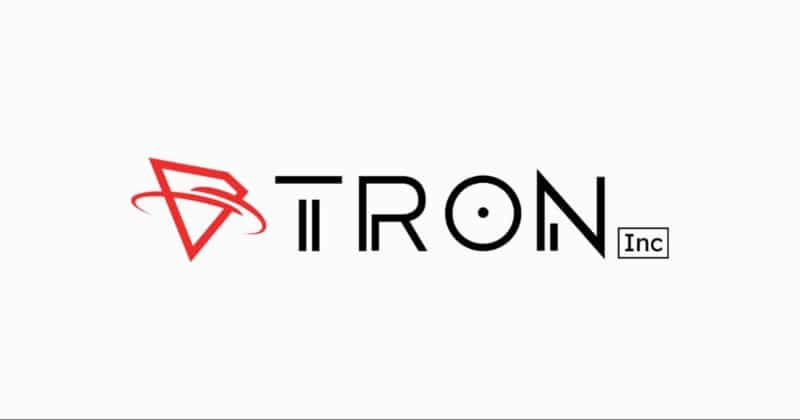Toyota (TM), the world’s largest automaker, is the latest to warn about the effects of President Trump’s tariffs.
Toyota said Thursday while reporting fiscal first quarter results that its full-year operating income forecast would be cut to 3.2 trillion yen ($21.74 billion), down 600 billion yen ($4.07 billion) or 16.3% from its prior forecast.
Toyota now projects the impact of US tariffs will be 1.4 trillion yen, or $9.5 billion. Toyota’s prior tariff impact calculation was 1.2 trillion yen.
“Due to the impact of US tariffs and other factors, actual results showed decreased operating income, and the forecast has been revised downward,” the company said in a statement.
The company reported Japanese exports to the US from April through July were hit by a 25% tariff, and now those exports will see a 12.5% tariff hit from August through March (end of the fiscal year). Exports from Canada and Mexico would still be tariffed at 25% from April through March, which includes both autos and parts.
Because of those tariffs, Toyota said fiscal Q1 operating income fell to 1.17 trillion yen ($7.94 billion), down 100 billion yen from a year ago, but better than analysts expected. The tariff hit in its fiscal Q1 hit 450 billion yen ($3.06 billion).
Toyota’s tariff woes come despite the preliminary trade deal between the US and Japan highlights the fact that Toyota and other Japanese automakers are paying much more in tariffs than they did a year ago, when the rate was only 2.5%.
While Toyota operates several plants in the US which mitigates some tariff costs, it still builds a significant number of vehicles in Canada and Mexico as well, where it faces even steeper tariff rates. In Mexico, Toyota assembles the popular midsize Tacoma pickup, and some Toyota Corolla sedans bound for the US.
Toyota builds some RAV4 SUVs (its top seller) in Canada, as well as equivalent Lexus SUVs like the NX and RX.
Toyota said despite the tariff headwinds and negative effects of an appreciating yen, the company said it still reported sales were up over 7% globally to 2.411 million units, and said it would mitigate the effects of tariffs through cost-cutting and optimizing its supply chain.
And the company says it still plans to invest and grow, given the headwinds it is facing.
“Despite these challenging external conditions, we will continue to make comprehensive investments totaling 470 billion yen ($3.19 billion) and expect to make improvement efforts with an aggregate impact of approximately 900 billion yen ($6.11 billion) through such things as increased sales volume, cost reductions, and expansion of value chain profits,” the company said.
























